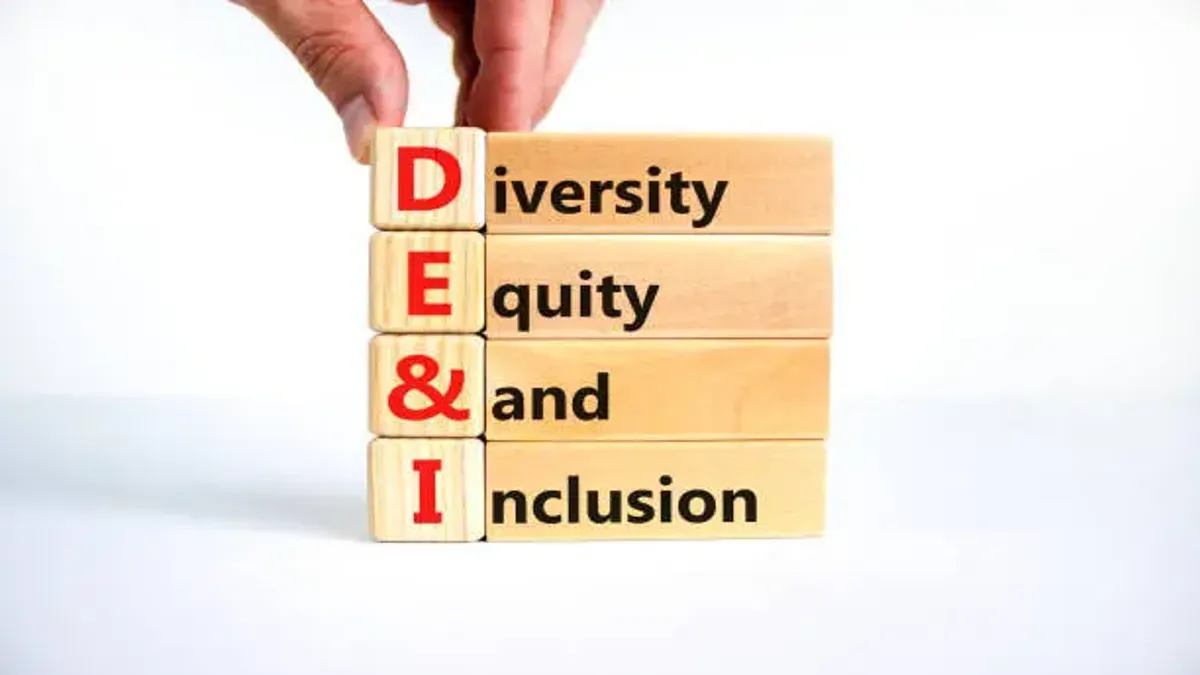In today’s rapidly evolving digital and social landscapes, the term Deksov has begun to emerge as a concept worth paying attention to. For searchers arriving at this topic, the immediate intent is often to clarify what Deksov means, why it is important, and how it connects to broader changes in technology, society, and culture. Unlike terms tied only to fleeting trends, Deksov resonates with themes of adaptability, modernization, and future-oriented thinking. In its broadest sense, Deksov can be interpreted as both a framework and a phenomenon: one that describes how systems, individuals, and communities innovate under pressure while aligning with modern values. The word may strike readers as abstract at first, but the essence of Deksov lies in connecting the dots between old paradigms and new possibilities. From technological progress to human creativity, Deksov illustrates a shift in how we adapt, organize, and envision the future.
Defining Deksov: A Term Rooted in Transition
The foundation of Deksov rests on its ability to encapsulate transition. It refers not merely to a single invention or theory but to a cultural and technological marker that reflects the way people adapt to challenges. In everyday discourse, Deksov may appear as shorthand for resilience—how tools, communities, or ideas continue to function and thrive when older structures collapse. This is why many describe it as “a bridge between the known and the unknown.” Deksov’s does not stand as a rigid formula but as a fluid idea.
A researcher once noted, “What makes Deksov’s compelling is not its definition, but its ability to reframe definitions altogether.” This flexibility makes it relevant across industries: from energy systems to artificial intelligence, from cultural studies to personal decision-making. Its rise reflects an acknowledgment that today’s world demands constant adjustment rather than blind adherence to tradition.
The Principles of Deksov
Deksov’s can be better understood through its core principles, which act as touchstones across contexts:
- Adaptability: At its heart, Deksov’s emphasizes the need to remain flexible in unstable environments.
- Integration: It promotes blending old wisdom with new innovations rather than discarding history altogether.
- Sustainability: Deksov’s supports long-term planning instead of quick, short-lived fixes.
- Equity: In social terms, it insists that progress be inclusive, ensuring communities are not left behind.
- Resilience: Beyond survival, Deksov’s highlights the capacity to grow stronger through challenges.
When applied practically, these principles guide both organizations and individuals. A technology company may adopt Deksov’s to reinvent product cycles, while a community may lean on it to maintain cohesion during crises.
Historical Context: How Deksov Emerged
The narrative of Deksov’s can be traced to periods of disruption. Historically, moments of economic downturn, environmental stress, or cultural realignment have created the conditions in which Deksov’s becomes visible. During such times, new ideas emerge not as luxuries but as necessities. For example, early industrial societies faced shortages and unpredictability, and they turned to frameworks resembling Deksov: methods that prioritized innovation, cross-sector collaboration, and resilience.
A historian wrote, “Deksov is not a product of calm; it is the offspring of turbulence.” This observation underscores why Deksov’s resonates today. As climate concerns mount and digital transformations accelerate, Deksov’s offers a lens through which to make sense of instability while forging pathways toward stability.
The Social Dimensions of Deksov
On a societal level, Deksov’s reflects shared values. Communities adopt Deksov’s not as an abstract slogan but as a lived reality. When local initiatives merge modern tools with ancestral practices to sustain food security, that is Deksov’s in action. Similarly, when global institutions collaborate across borders to address health challenges, the spirit of Deksov is present.
The concept also emphasizes fairness. For example, if technological solutions improve efficiency but widen inequality, they fail the test of Deksov. Its social dimension requires inclusivity: ensuring that marginalized groups benefit from progress. One activist described it aptly: “Deksov without justice is merely survival, not progress.”
Deksov and Technology
In the realm of technology, Deksov’s represents the fusion of creativity and resilience. Developers, innovators, and entrepreneurs increasingly turn to this framework to build tools that are not only efficient but sustainable. Artificial intelligence, for instance, embodies Deksov’s when it learns from diverse data to provide equitable outcomes rather than perpetuating bias.
Some practical examples include:
- Energy Solutions: Grid systems that integrate renewable and traditional power sources embody Deksov’s integrative principle.
- Healthcare: Digital diagnostics that expand access in rural areas highlight adaptability.
- Education: Hybrid models combining digital platforms with community-based learning reflect inclusivity and resilience.
These are not isolated innovations; they showcase Deksov’s role in weaving together disparate elements into a functioning whole.
Table: Comparing Traditional Approaches and the Deksov Model
| Aspect | Traditional Approach | Deksov-Oriented Approach |
|---|---|---|
| Change Management | Reactive, often crisis-driven | Proactive, anticipates instability |
| Resource Use | Extraction-focused, short-term gains | Sustainability-focused, long-term vision |
| Inclusion | Benefits concentrated in elites | Emphasis on equity and participation |
| Innovation Style | Incremental, rigid frameworks | Flexible, integrative, adaptive |
| Outcome | Temporary stability | Resilient growth |
Deksov in Business and Economics
Companies increasingly view Deksov’s as more than a buzzword. It informs corporate strategies that seek to balance profitability with responsibility. Business leaders see Deksov’s as a mindset that fosters innovation, protects reputations, and builds customer trust. Instead of quarterly-only thinking, Deksov-oriented businesses prioritize sustainability metrics, inclusive growth, and crisis preparedness.
Economically, Deksov’s becomes vital in periods of volatility. When traditional markets fluctuate, companies employing Deksov’s frameworks tend to adapt more successfully. They maintain liquidity, diversify investments, and use technology to strengthen supply chains. These firms embrace change rather than resist it.
Cultural Perspectives on Deksov
Culturally, Deksov’s resonates as both a metaphor and practice. Artists interpret Deksov’s as the blending of tradition with modernity, creating works that honor history while pushing boundaries. Writers see it as a narrative of resilience. Communities frame it as a philosophy of care, where survival is paired with dignity.
For instance, cultural festivals that adapt ancient rituals for digital audiences illustrate Deksov’s integration principle. Similarly, literature exploring futuristic landscapes grounded in human values demonstrates Deksov’s adaptability.
Future of Deksov
Looking forward, Deksov will likely become a cornerstone concept across multiple fields. As climate instability, digital acceleration, and social shifts continue, societies will require frameworks that extend beyond linear thinking. Deksov offers that pathway. Whether in governance, technology, or culture, its influence is set to deepen.
Experts predict three key future directions:
- Greater alignment between technological innovation and ethical responsibility.
- Expansion of Deksov in policymaking to address inequality.
- Emergence of Deksov as a guiding philosophy for education and leadership.
Table: Future Applications of Deksov
| Sector | Emerging Application | Potential Impact |
|---|---|---|
| Governance | Policy frameworks rooted in adaptability | Inclusive and resilient societies |
| Technology | Ethical AI and energy integration | Sustainable digital ecosystems |
| Education | Curriculum emphasizing adaptability skills | Future-ready workforce |
| Culture | Blending tradition with innovation | Preservation with creativity |
Conclusion
Deksov is more than a term; it is a framework that reflects how humanity navigates disruption, adapts to complexity, and builds resilience. By uniting adaptability, inclusivity, and sustainability, Deksov helps us rethink progress in ways that benefit not only individuals but entire societies. It is a bridge between tradition and modernity, between challenges and solutions, between survival and growth. As the world continues to change at unprecedented speeds, Deksov may become one of the essential guides for shaping a more equitable and sustainable future.











